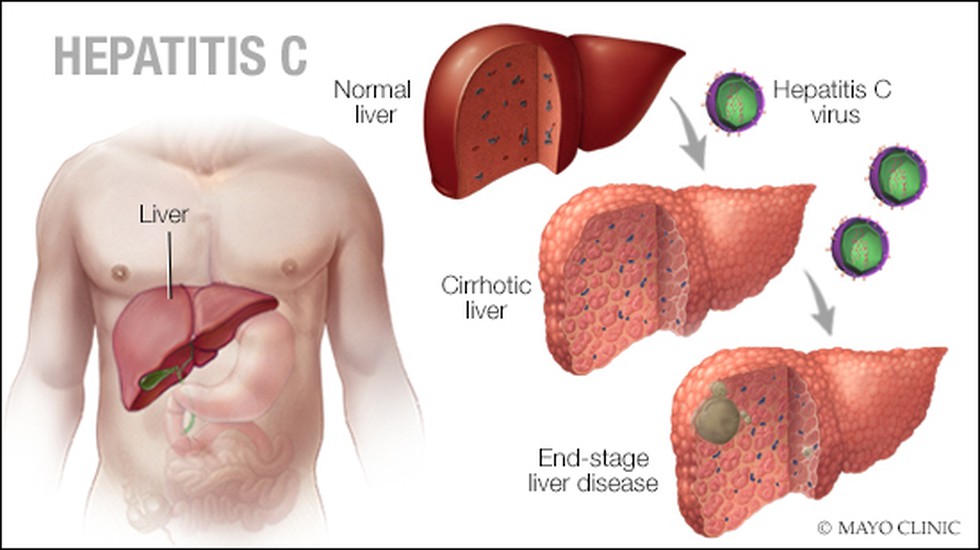About:
- Hepatitis is an inflammation of the liver. The condition can be self-limiting or can progress to fibrosis (scarring), cirrhosis or liver cancer.
- Cause: Hepatitis viruses are the most common cause, but other infections, toxic substances (e.g. alcohol, certain drugs), and autoimmune diseases can also cause it.
- Five main types of hepatitis viruses: A, B, C, D and E. While all cause liver disease, they vary in important ways.
- Hepatitis A and E are typically caused by ingestion of contaminated food or water (transmitted via oral-faecal route).
- Hepatitis B, C and D are transmitted through unsafe blood transfusions or contaminated needles/syringes (particularly among the drug users), sexual-transmission or even mother-to-child transmission. There is no vaccine for Hepatitis C.
- Global status: According to WHO estimates, viral hepatitis caused 1.34 million deaths globally in 2015, a number comparable to deaths due to tuberculosis, worldwide. In India, around 4 crore people suffering from Hepatitis B and 0.6-1.2 crore people suffering from Hepatitis C.
STEPS BY GOVERNMENT of INDIA TO TACKLE IT:
- Inclusion of Hepatitis B vaccination under the expanded Universal Immunization Programme.
- Launching of the National Viral Hepatitis Control Programme in July 2018 under National Health Mission by the Health Ministry. The aim of the programme is to combat hepatitis and achieve countrywide elimination of Hepatitis C by 2030.
- Launching of Swacch Bharat Abhiyan and safe drinking water.
